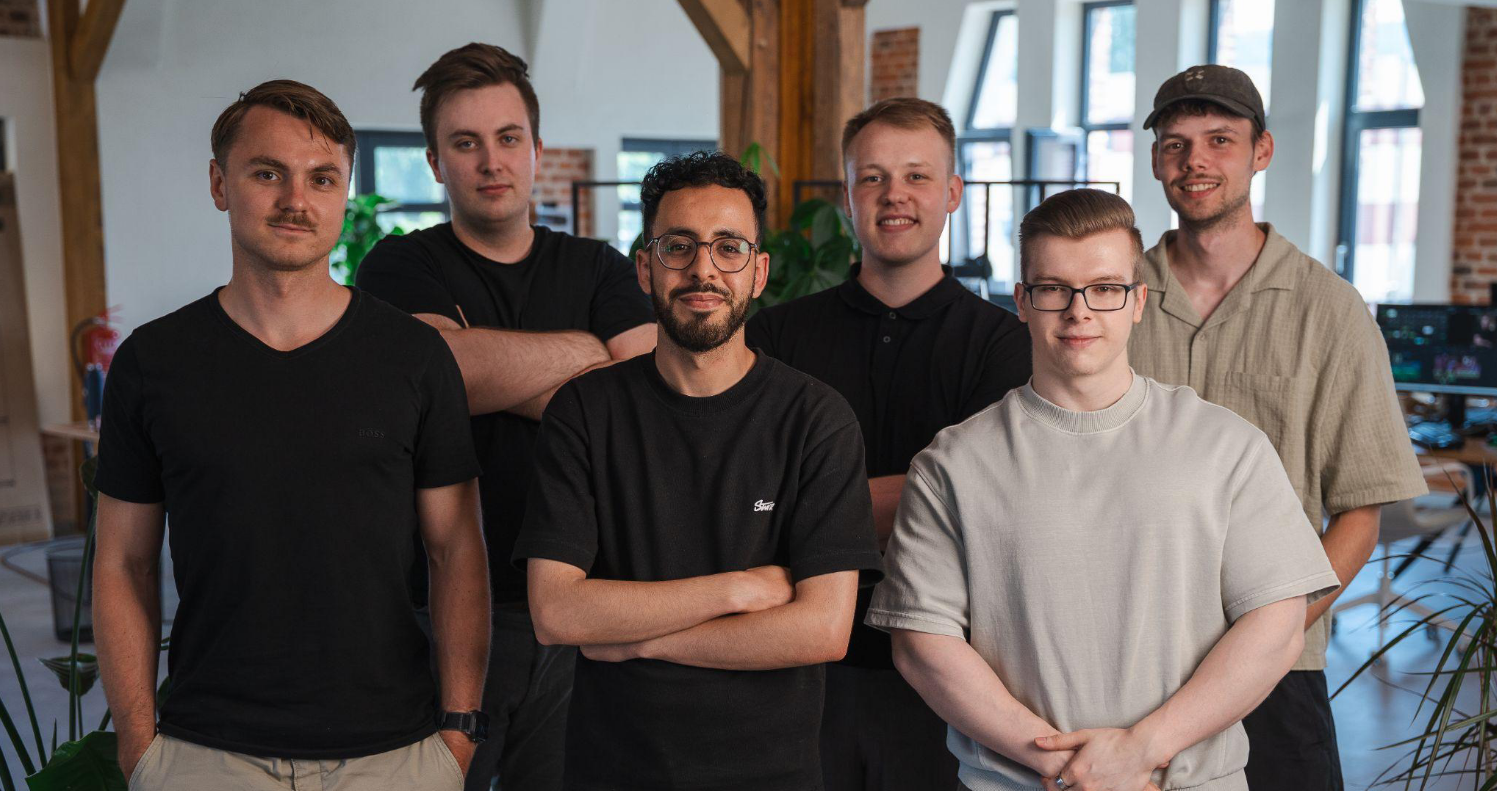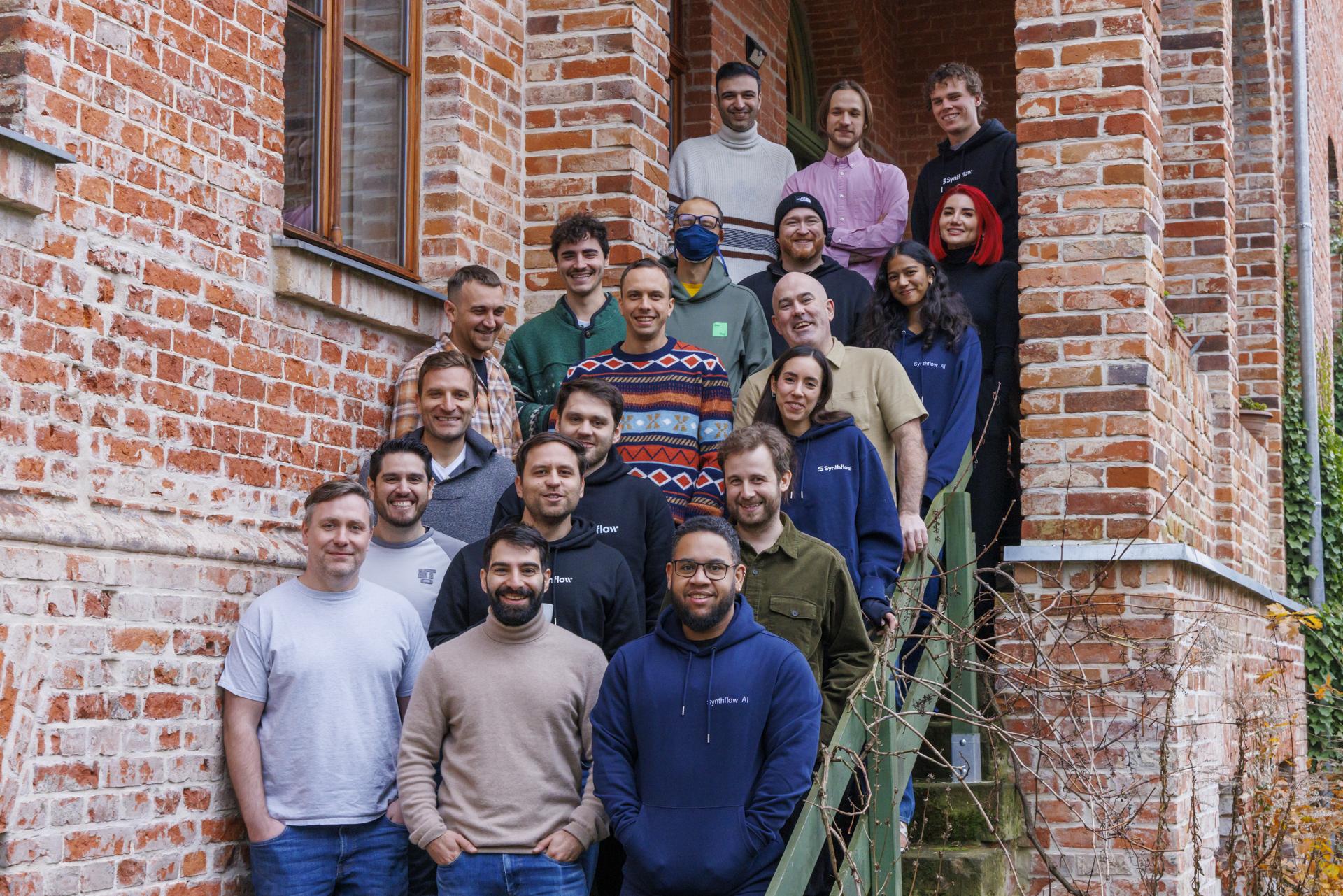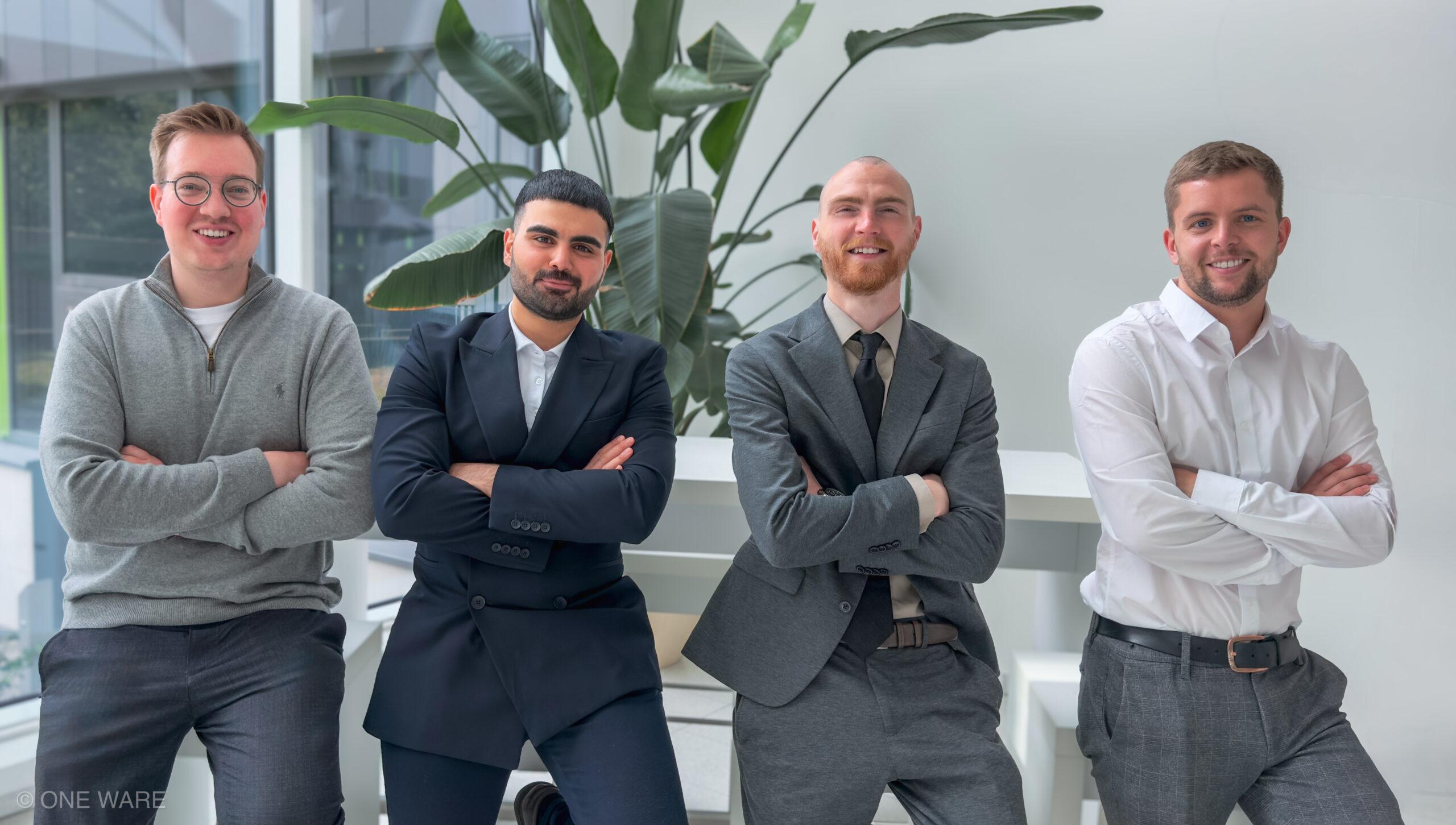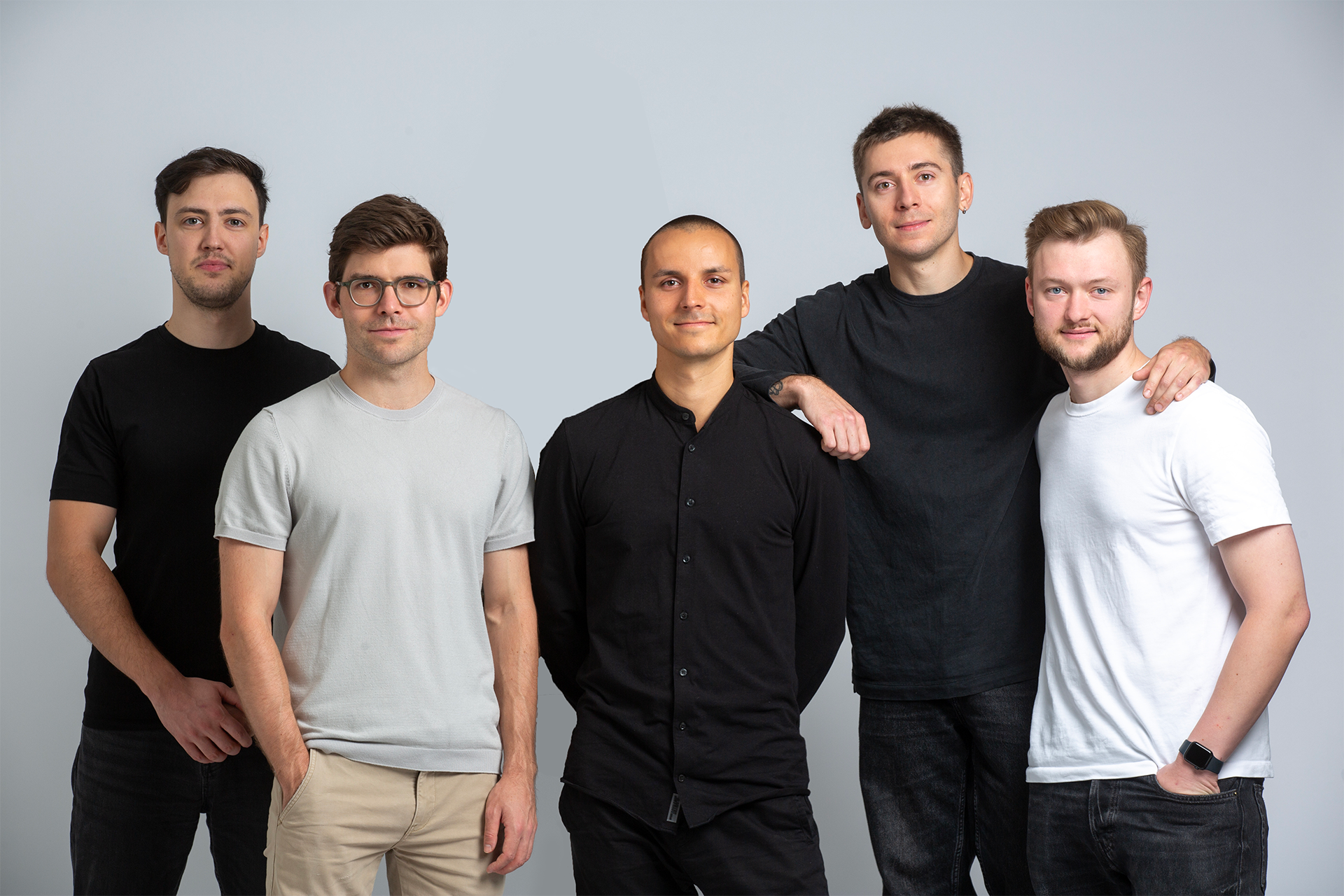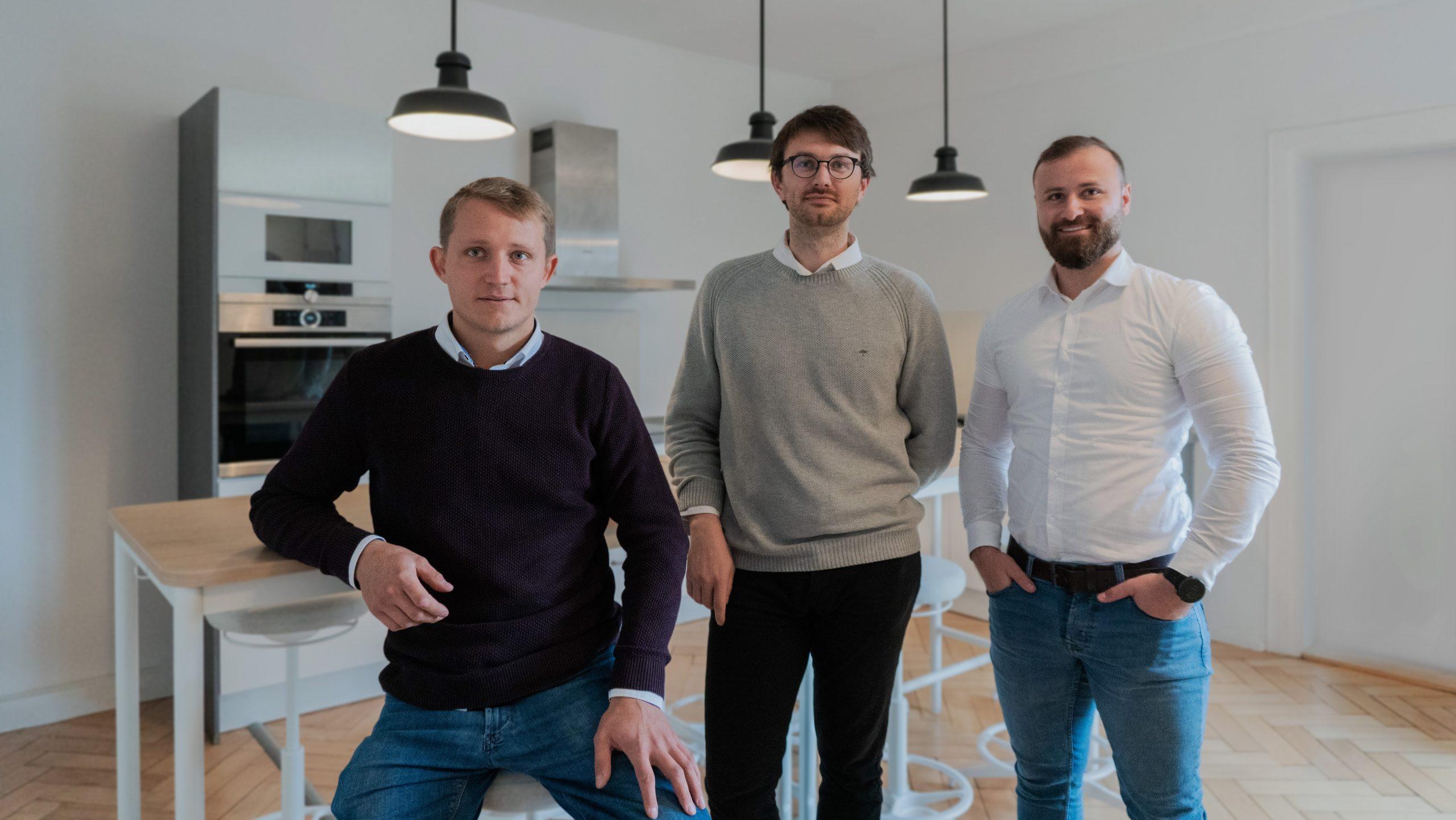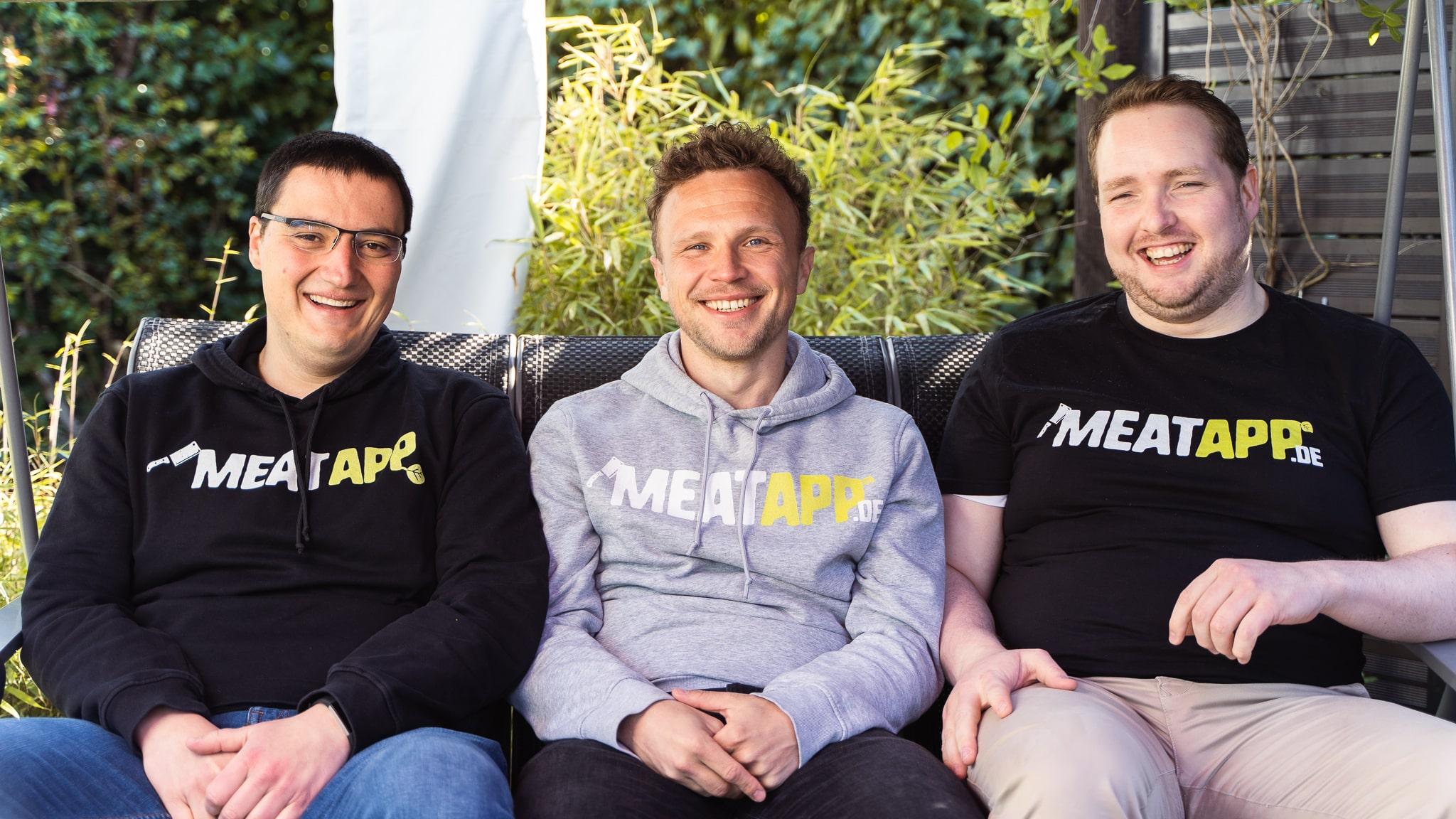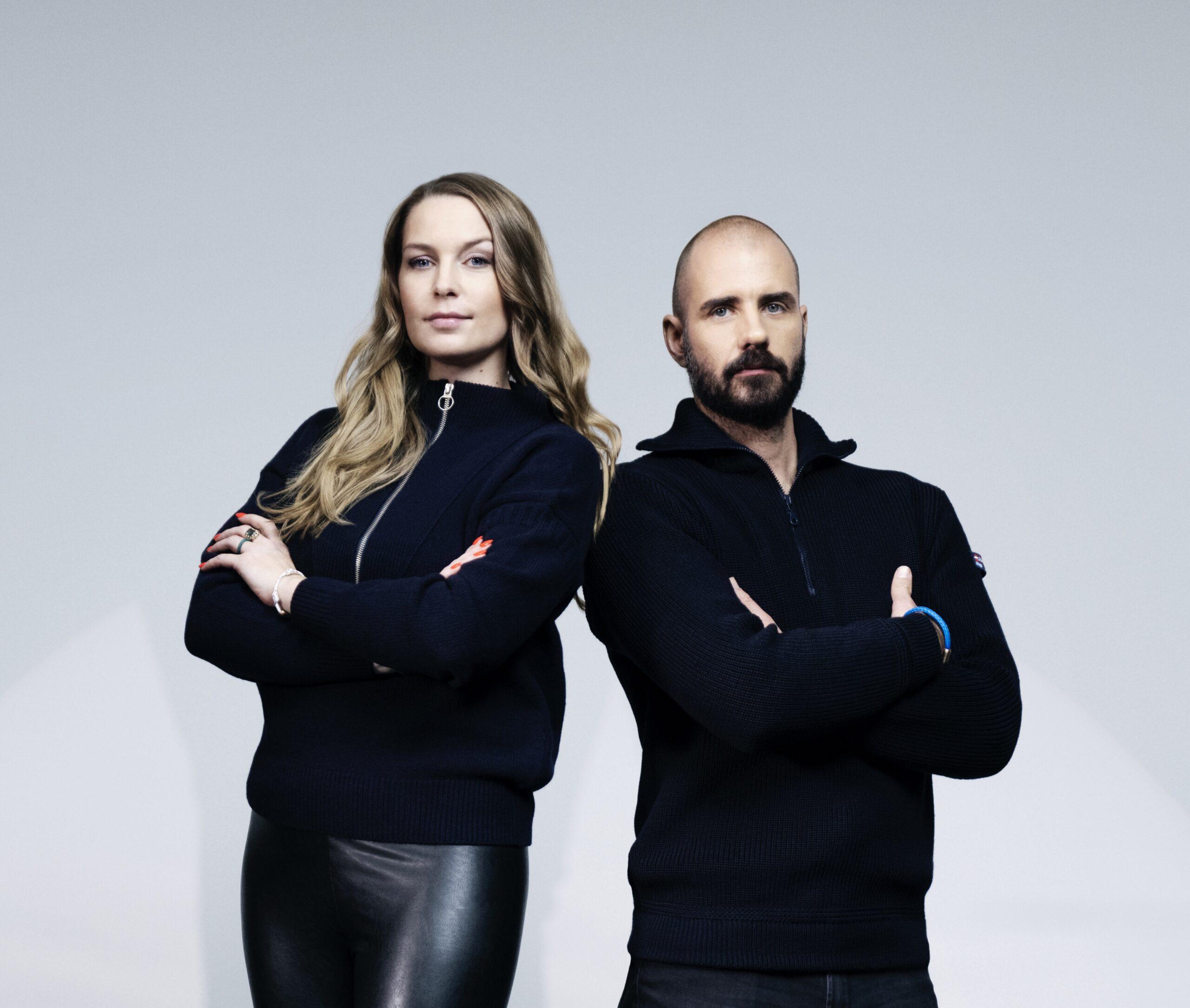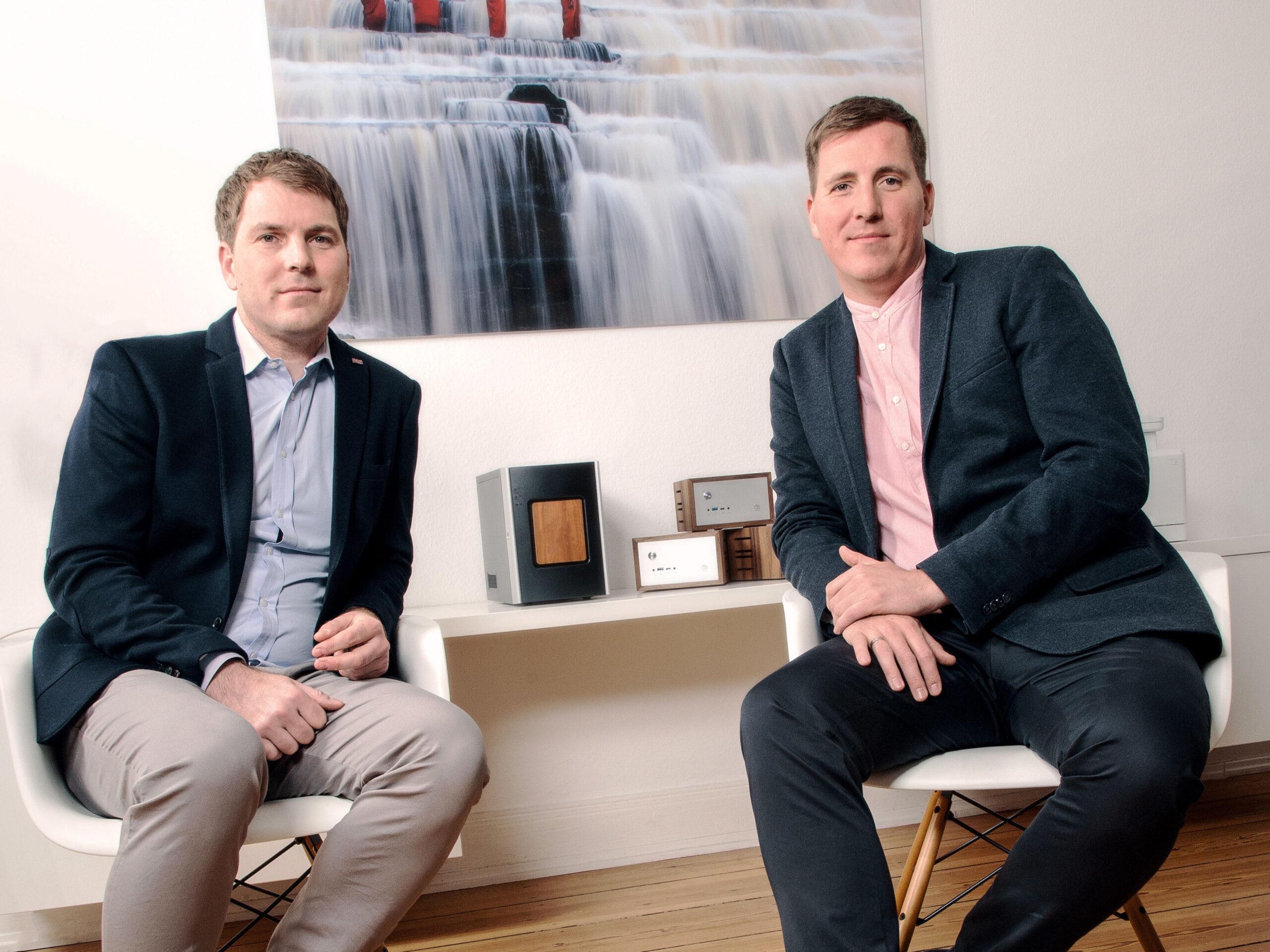"Our technology means you no longer need to interview real people"
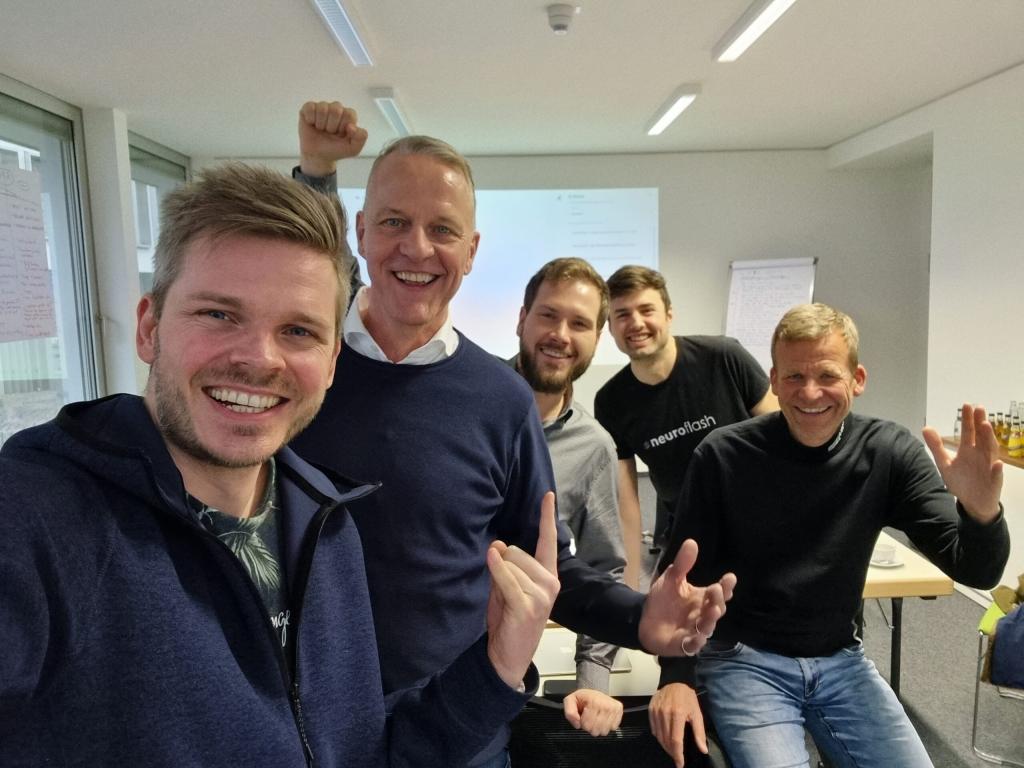
Co-founder Henrik Roth wants to take marketing communication to a new level with his start-up Neuroflash. He explains what neuromarketing and an AI have to do with it in a Startbase interview.
Texting is not easy for everyone. Neuroflash co-founder Henrik Roth also struggled with writer's block. With Neuroflash, he and his co-founders want to encourage people to create content, no matter how much experience they have or whether they want to create a block, a product description or even a social media post. Today's world thrives on media attention and good copy will become all the more important to stay in people's minds.

How does Neuroflash make the work of its users easier?
From a content idea to the actual publication of the text is a very lengthy and above all manual process. We solve this by automating the research and brainstorming part and then the actual writing process. The first problem is that people and companies need more and more content to get noticed digitally, but usually don't have the time to produce it. What we also help with is getting around writer's block. Neuroflash provides initial suggestions so that you never have to start with a blank sheet of paper again. We want to make our customers more effective and faster in their work.
How does Neuroflash work?
You brief Neuroflash as you would yourself or your colleagues. You provide the context and the topic you want Neuroflash to write about in the form of a short description or keywords. You also need to tell Neuroflash what kind of text you want the AI to write: A slogan or a product description, for example. The user is very much in control of the quality of the texts, because the following applies: a better briefing means better texts.
Have there been any real failures with the texts created?
You can tell the AI how randomly or creatively the texts should be written. There are very creative copywriters who like these kinds of failures because they get new ideas and associations. In practice, however, AI works very well. We don't want to replace people, but rather provide suggestions and impulses that can then be individually adapted. The suggestions are run through many filter systems before they are displayed to the user, so that the user is only shown the best suggestions in the end.
Has the demand for your offer changed during Corona?
Before the launch of the software, we offered a lot of market research in the form of consulting projects. Thanks to our technology, brands no longer have to ask real people, they can simply ask our AI. We even had a positive impact here because market research with real people became difficult and costly during Corona. Unfortunately, the market research budget is also one of the first to be cut, so it has more or less evened out. For us as a team, nothing has changed due to Corona, as we have worked completely remotely from the start.
What sets Neuroflash apart from the competition?
Our current focus is on the German language. We offer our customers the highest quality of AI-written texts in German. However, our unique selling point is clearly our proprietary technology, which allows us not only to produce texts, but also to analyze them. We can predict implicit associations and emotions of consumers on topics, words and brands in over 17 different languages. In addition, we help our customers not only with the writing itself, but also in the research and idea generation phase, as this also takes a lot of time these days.
Who uses your services?
Our customers include freelancers and agencies who need a lot of texts and can sell more with us. Then e-commerce is a very big field because there is a lot of digital communication, and our customers here include larger brands and start-ups. Smaller marketing teams use us to simply work more productively.
In your opinion, what is the most important thing when it comes to writing a text?
First of all, a text should be easy and simple to understand. Our attention span is very short, so it must be clear at first glance what it is about and what advantages it has for the user compared to other offers. Another important role is played by neuromarketing, i.e. the subconscious. Over 80% of purchasing decisions are made subconsciously. In communication, we work with emotions, especially positive ones, which should appeal to the target group. For example, shower gels often say aloe vera in large letters, even though it contains very little. Nevertheless, the consumer reaches for this product because the term aloe vera evokes positive associations.
What role do investors play for you?
We launched the first version on the market in July last year and were able to learn a lot about our users. We recently launched our new software, the AI Texter, which really only produces texts and no longer analyzes them. You can think of it as Google Docs with the ability to produce texts.
Where do you see Neuroflash in five years' time?
We see our AI as a tool that is integrated into the entire process. In the future, we want to offer the best solution internationally, while at the same time serving each local market with the appropriate language. Our ultimate goal is to empower people to create content, no matter how much experience they have in copywriting.
What mistake would you like to have avoided?
The keyword here is focus. As a start-up, you always have a lot of options and we weren't really good at that in the past. Because we fed ourselves from our own cash flow, we often chased after money, even if it didn't fit into our long-term strategy. We are now focusing in all areas: product, customers, development priorities.
Thank you very much for the interview.
About the person:
Henrik Roth is a founder through and through. At his young age, he has already founded two start-ups, appears as a speaker at conferences and has his own podcast "7 questions, 7 essences", in which he talks to other founders about their stories and start-ups.

Newsletter
Startups, stories and stats from the German startup ecosystem straight to your inbox. Subscribe with 2 clicks. Noice.
LinkedIn ConnectFYI: English edition available
Hello my friend, have you been stranded on the German edition of Startbase? At least your browser tells us, that you do not speak German - so maybe you would like to switch to the English edition instead?
FYI: Deutsche Edition verfügbar
Hallo mein Freund, du befindest dich auf der Englischen Edition der Startbase und laut deinem Browser sprichst du eigentlich auch Deutsch. Magst du die Sprache wechseln?



